Here we are, on the way to the site of the famous dugout.
(Note that the book pictured is the edition I grew up with. My versions were yellow boardered, then came blue, then gingham.)
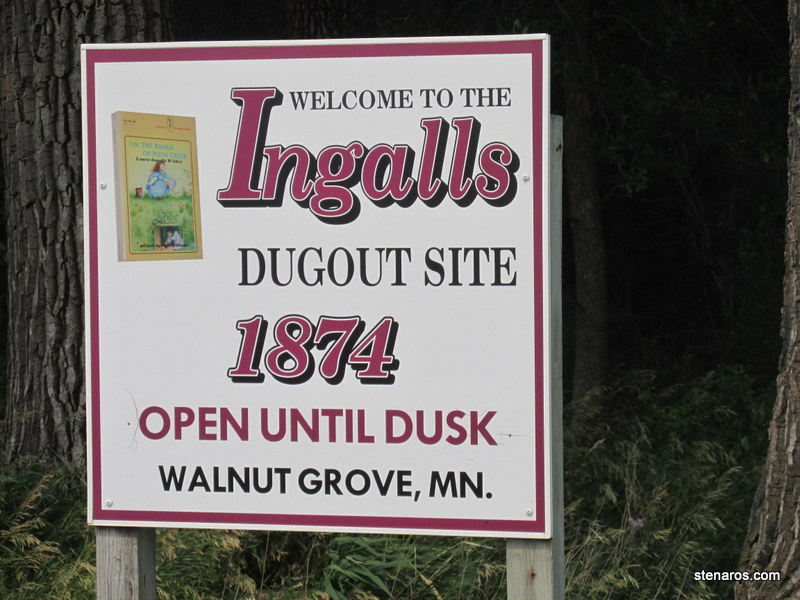
The Gordon family purchased this farm in 1947. That year, Garth Williams, the illustrator of the series that most people are familiar with, informed the Gordon family that the weird depression by the creek was the former Ingalls Dugout. The Gordon family still owns the farm and makes it easy for fans to visit the site. This was a highlight of my trip. Also, their printed warning above the pay box cracks me up.
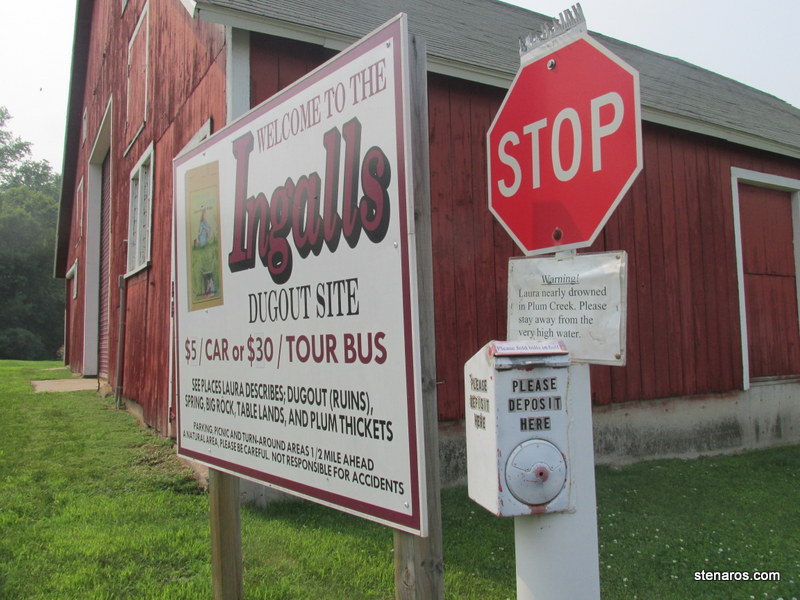
Sara on the banks of Plum Creek, despairing because she dropped her museum leaflet into the creek. The sign you can see in the background marks the site of the dugout.

Shadows on the banks of Plum Creek. We’re both taking pictures.
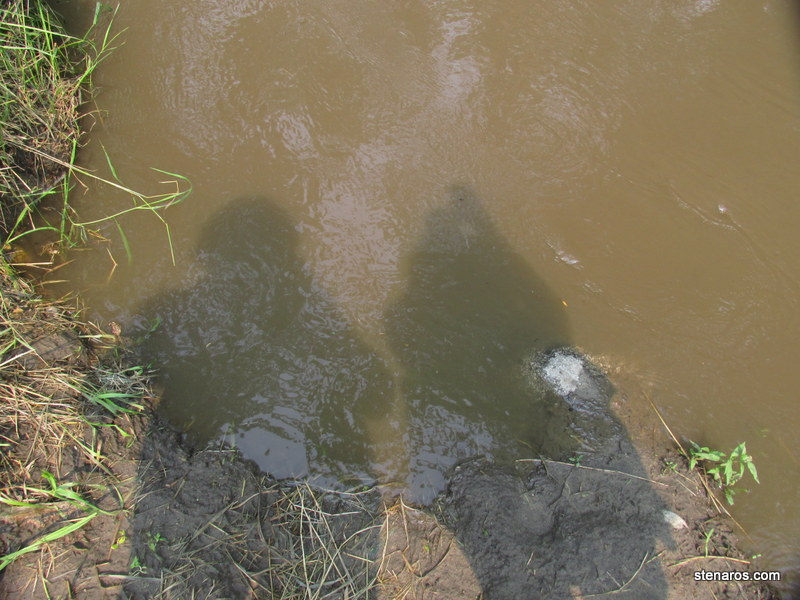
There had been a substantial amount of rain the night before, so the creek was running high.
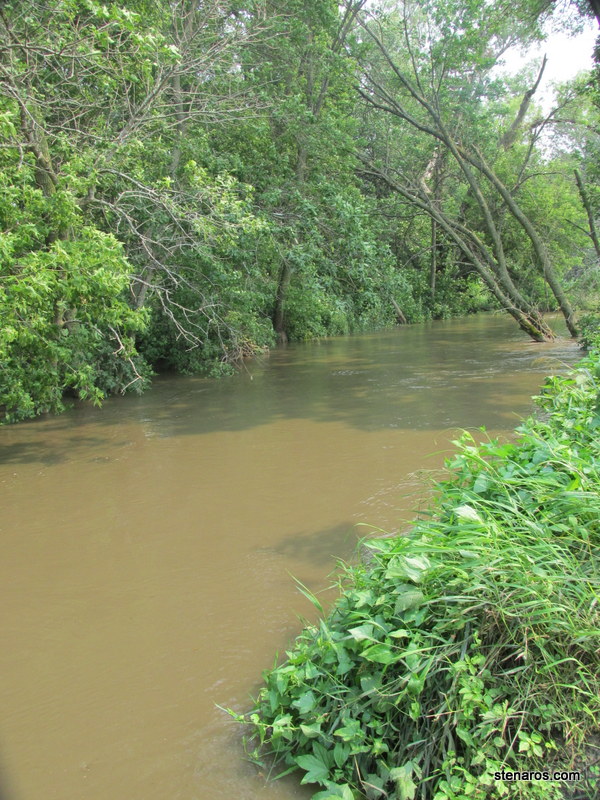
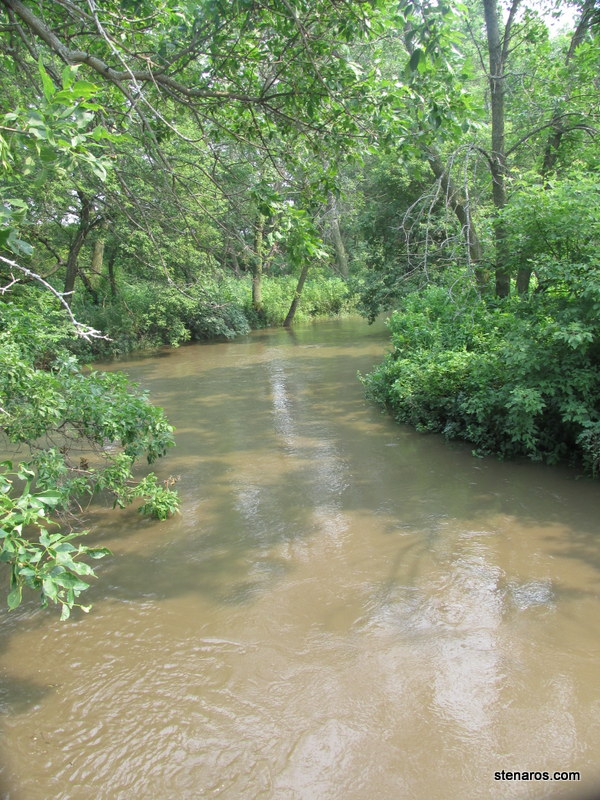
Crossing a bridge, we climbed up to the dugout site. Look how small it was.
Roped off outline of the dugout.
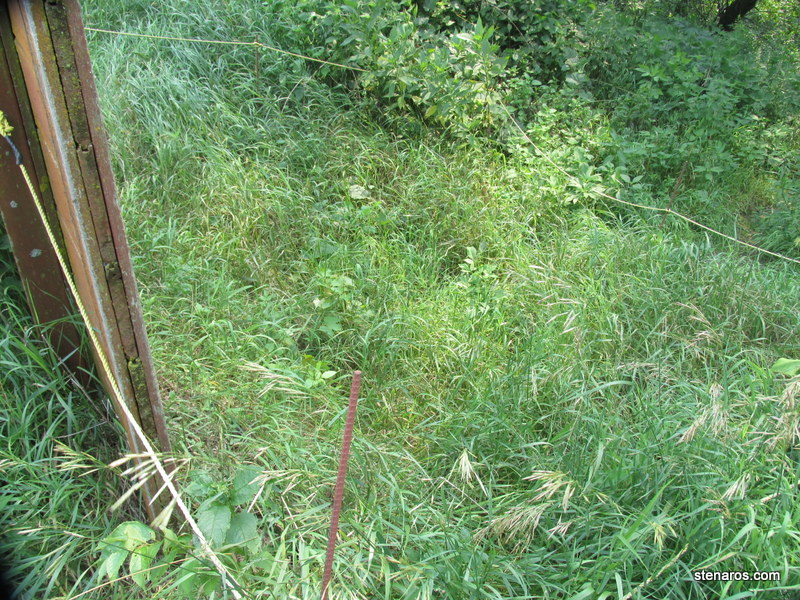
Plum trees.
Restored prairie.
Discussion about where the big rock was. I noticed in the hand-drawn map from the previous post Laura had it on the other side of the creek.
The Little House books are fictionalized accounts of Laura’s childhood. I recommend Pamela Smith Hill’s excellent book Laura Ingalls Wilder: A Writer’s Life which not only compares Wilder’s actual biography to the chronology of the books, but also examines the writing of the series. The same author also annotated Wilder’s earlier autobiography Pioneer Girl which I haven’t yet read, but am looking forward to getting my hands on.
I know the books backwards and forwards, and I’ve read a lot of supplemental Laura Ingalls Wilder publishing. Standing on the banks of Plum Creek was a good way to feel a connection to Laura the girl who would become a renowned author, just as visiting her house in Mansfield Missouri was a good way to connect to the author herself.
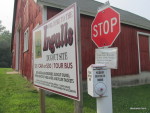
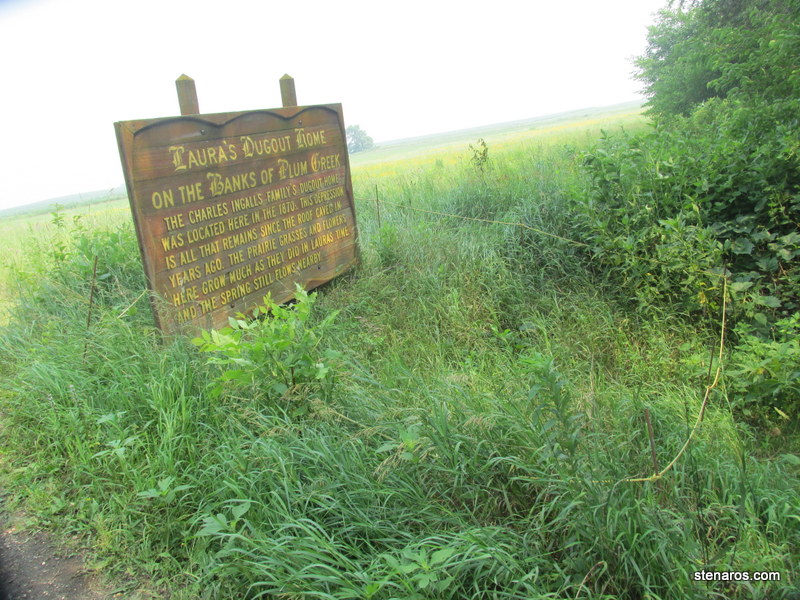
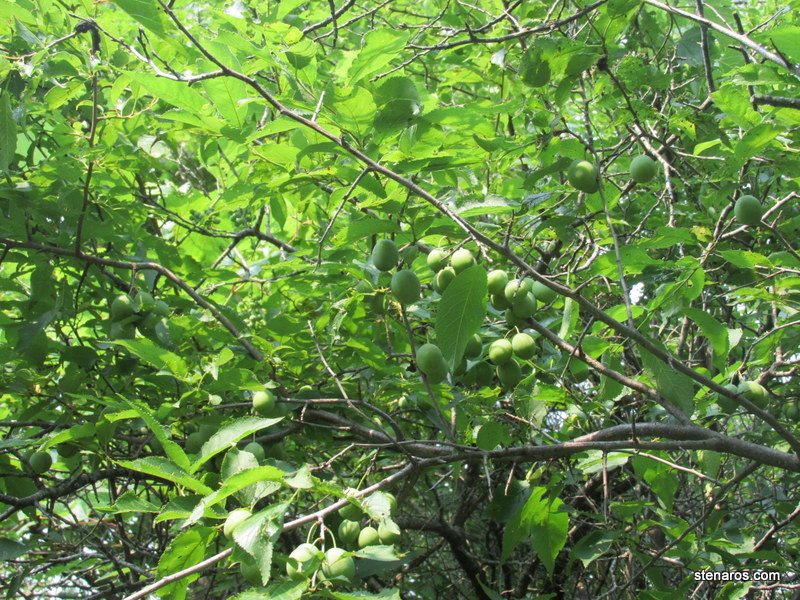

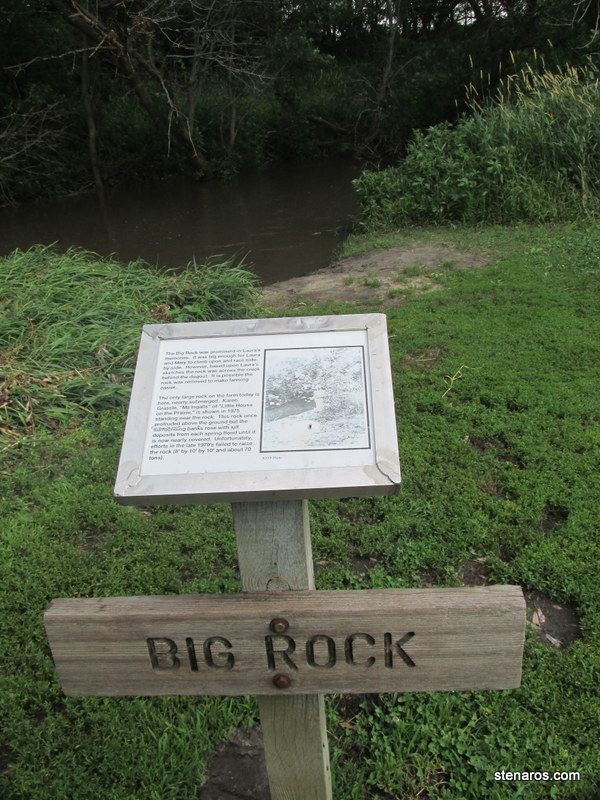
1) I was really despairing. Had it not been for the high water and almost drowning signs, I might have plunged in.
2) It still cracks me up that I missed the actual location of the dugout. Hello, reading! It’s a good thing.
3) This was one of the highlights of the trip. Seriously that picture of me feet on the actual banks of Plum Creek, it is TDF!
Me too. Both it being a highlight and that picture of your feet.
Time to get on with my work for the day. It was fun to take a minute and revisit our fun. I hope to be back soon. S
Thanks for the comments and I will look forward to you being back soon.
Whoa, the roped off outline of the dugout. So small! How many people lived in that? The restored prairie is amazing. It makes my heart happy that they’ve done that.
So small indeed. In real life, I think six people, two parents and children ranging from baby to age 10. In the book it was five.
YES!!!! I found my comments!